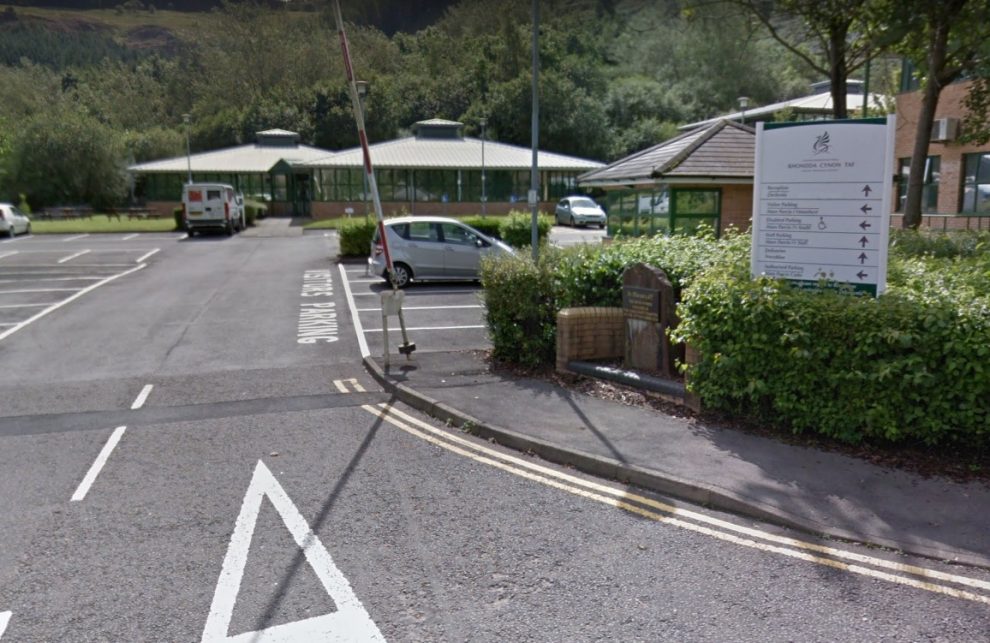CHANGES to the meals on wheels service in Rhondda Cynon Taf which will see the price of a meal increase have been approved.
The plan for the community meals service, which the council has consulted on and cabinet has approved on Monday, January 23, is to reorganise the existing internal service and provide a hot/frozen community meal home delivery service with increased service charges which reduces the council subsidy per meal.
It will involve a price increase of 50p from £4.05 to £4.55 and will require fewer members of staff to deliver the service with a forecast annual saving of £427,000.
The council has considered the following four options for the future of the service.
Option one was to continue the service as it currently operates with increased charges for people who use the service, thus reducing the subsidy per meal.
Option two was to reorganise the existing internal service with increased service charges, thus reducing the subsidy per meal.
Option three, the preferred option, is to reorganise the existing internal service and provide a hot/frozen community meal home delivery service with increased service charges, thus reducing the subsidy per meal.
Option four was to stop the current service and help people who use the service to find other options.
The council set out the benefits of option three in the report which it said allowed the council to retain an affordable community meals service which was competitive in price, maintained social contact with service users and offered delivery of either a hot or frozen meal.
It said that, in comparison, four Welsh local authorities provided a similar community meals service to option three, whereby meals were bought in and “regenerated” and the price per meal (two courses) ranged from £4.50 to £5.15.
It said that a further 15 Welsh councils did not provide a community meals service, and in some instances, people were directed to an external provider that provided a frozen meal delivery service only, where a typical price per meal (two courses) was more than £5.
The proposal would see hot meals continue to be delivered by community meals staff to people’s homes from Monday to Friday, between 11.30am and 2pm.
It said the daily visit would provide social interaction and a welfare check, which would reduce the impact of loneliness for some people who had no family or where family were unable to help, therefore “providing peace of mind and reassurance.”
Help will also be provided for plating the meal, where this is needed
The report said: “Continuation of the service will enable and empower service users to remain supported in their own home, maintaining their independence and providing a balanced diet. Dietary and allergen needs will continue to be met.
“Additional flexibility will be offered with the choice of having a frozen meal delivered, which can be heated at a time most suitable to the service user. People who use the service and their carer(s) will receive letters notifying them of the change and there will be information on the council’s website.
In the consultation, 67.8% of respondents disagreed with the preferred option but the level of disagreement was higher for people who used the service than members of the public.
The report said there was general disagreement with the option due to reasons such as the cost-of-living crisis, vulnerability and isolation of service users, and a frozen meal having to be cooked, rather than a pre-cooked meal being served, and that there were mixed views on the price increase.
Those who disagreed said the price increase was not value for money, nor was it too much of an increase, given the current cost-of-living crisis, but several people felt that the increase was reasonable, especially if it helped maintain the service.
There was concern about the frozen meals and whether some people would be able to heat them up themselves and if family members would have to step in to help, but the council said the option did offer a hot meal and no-one would have to heat up their own meals unless they chose a frozen meal to be had at their own convenience.
The report said that the meals were currently distributed to service users in their homes by 28 delivery staff using 14 vehicles.
“Once a preferred option is decided upon, and demand for the service is established, the service will undertake a robust review of delivery rounds to ensure that the routes are the most efficient and cost-effective with the aim of reducing fuel costs and our carbon emissions.”
The report said: “The council is facing significant financial challenges into the medium term and is considering the remodelling of key service areas to contribute to addressing the shortfall in funding.”
It also said the aim of the proposal was to continue to provide a revised community meals service to ensure the availability of a hot meal to support vulnerable residents in RCT.
Cabinet member Councillor Rhys Lewis said the backdrop to this is the challenging financial position that the council finds itself in.
He said that delivering the service as it currently is with increasing costs and falling numbers of people using it is “challenging.”
Cllr Lewis said it is the right time to review the service and that RCT is one of only a few Welsh councils to offer this service.
He said he believes option three is “the best way forward to make the service as sustainable as possible moving forward.”
He added that: “I fear that if we don’t act at this current time in future years the service may become unviable.”
He said it’s a very important service to many and that the council “should do what we can to try and retain the service.”
Cllr Lewis said he believes the 50p increase is still a modest increase and compares favourably to other providers with a £1.73 council subsidy per meal.
He said hot meals will continue and that frozen meals give people flexibility over when they eat their meal adding that the welfare checks are very important.
He said: “This administration is committed to avoiding compulsory redundancies” and he said options will be sought with staff to redeploy to other areas like school kitchens.
Cllr Lewis said: “I think this is the most sustainable way of maintaining the service going forward” adding that it is with regret as he wishes they weren’t considering these proposals.
Council leader Councillor Andrew Morgan said it it is a non statutory service and since he has been leader they have protected the service through the years of austerity.
But he said this coming year the budget gap is around 1.5 times what it was during the worst years of austerity.
Cllr Morgan said it is clear that welfare checks are important and that it is more than just delivering a meal.
He said keeping a service in house of sorts is “absolutely imperative” and that the 50p increase might seem a bit of a jump but one of their neighbouring authorities charges £6.
He added that considering how bad the budget situation is for next year “we have worked to avoid compulsory redundancies so far” and that he would “be keen to avoid compulsory redundancies in this service area as well.”

















